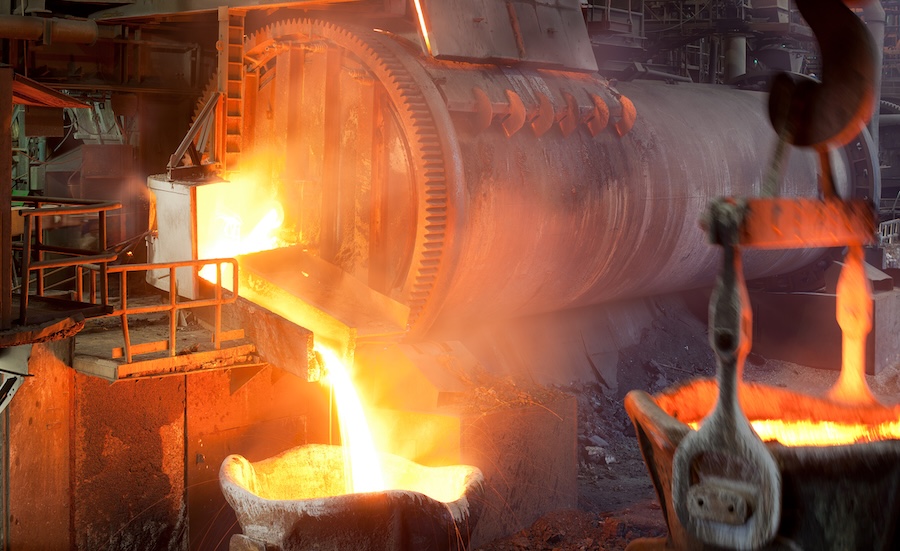
The world’s biggest producer of copper is Chile, a major exporter.
Photo: EyeEm Mobile GmbH/Getty
President Donald Trump’s planned 50% tariff on imported copper, one of the most critical, volatile and closely watched materials in the world, has triggered worries, criticism and a scramble to buy before the announced levy takes hold. Among the most worried is the National Electrical Contractors Association, which wrote on its website that “this kind of price shock would immediately
drive-up costs on projects across the country, from energy infrastructure to commercial construction.”
Set to take effect Aug. 1, the tariff is apparently a method for leverage in trade negotiations with Canada, Mexico and Chile, the world’s leader in copper production, the administration said. Copper is heavily used in industry and defense and the tariff will allow the U.S. to rebuild the domestic industry into one that is “dominant,” Trump said on Truth Social. “America cannot be reliant on foreign imports of the copper that’s necessary for key military hardware, infrastructure and everyday electronics,” a White House spokesman said in a statement to CBS MoneyWatch.
ING, the banking and finance company, said only 5% of the world’s copper is produced in the U.S., down substantially in the last decade. Building new mines in the U.S. involves lengthy permitting that lasts decades, according to ING.
Copper commodity trading futures reached record highs on the day of the announcement. The tariff plan was not a complete surprise although the size of it was unexpected. The Trump administration claimed it had been studying the matter for months.
The National Electrical Contractors Association said it has been fighting against the tariff all year and “has been successful in keeping it
off the table until now.” It added: “We’ve made our case directly to policymakers in both Congress and the
administration, warning that raising copper tariffs will strain supply chains, inflate project costs and slow down
the very infrastructure and energy deployment goals the nation is trying to achieve.
We are not done fighting.”
Deputy Editor Richard Korman helps run ENR’s business and legal news and investigations, selects ENR’s commentary and oversees editorial content on ENR.com. In 2023 the American Society of Business Publication Editors awarded Richard the Stephen Barr Award, the highest honor for a single feature story or investigation, for his story on the aftermath of a terrible auto crash in Kentucky in 2019, and in 2015 the American Business Media awarded him the Timothy White Award for investigations of surety fraud and workplace bullying. A member of Investigative Reporters and Editors, Richard has been a fellow on drone safety with the McGraw Center for Business Journalism at the Craig Newmark Graduate School of Journalism at CUNY. Richard’s freelance writing has appeared in the Seattle Times, the New York Times, Business Week and the websites of The Atlantic and Salon.com. He admires construction projects that finish on time and budget, compensate all team members fairly and record zero fatalities or serious injuries.

